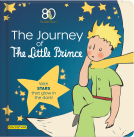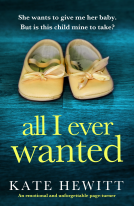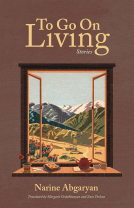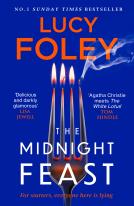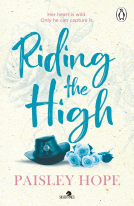
How to Forage for Wild Foods without Dying Journal
Track the Mushrooms and Wild Edible Plants You Find, Season by Season, Year after Year
by Ellen Zachos
This title was previously available on NetGalley and is now archived.
Send NetGalley books directly to your Kindle or Kindle app
1
To read on a Kindle or Kindle app, please add kindle@netgalley.com as an approved email address to receive files in your Amazon account. Click here for step-by-step instructions.
2
Also find your Kindle email address within your Amazon account, and enter it here.
Pub Date 26 Mar 2024 | Archive Date 26 Mar 2024
Storey Publishing | Storey Publishing, LLC
Talking about this book? Use #HowtoForageforWildFoodswithoutDyingJournal #NetGalley. More hashtag tips!
Description
This seasonal journal for tracking the locations and dates of foraged foods Includes essential foraging guidelines and an extensive table of edible plants and mushrooms for each season.
How to Forage for Wild Food without Dying: The Journal is an easy way for foragers to keep track of their foraging finds, where they found them, and at what time of year. By tracking what they collect, foragers can become more adept at locating their favorite wild foods in future years. They also become more educated about how weather patterns affect the availability of wild-harvested plants and mushrooms.Throughout the book, author and expert forager Ellen Zachos offers essential advice for safe foraging and extensive lists of wild edibles and mushrooms for each season. These act as seasonal prompts, so that readers know what foods to be looking for at each time of the year, and as a way for readers to plan their future foraging adventures. The journal is the same trim size as How to Forage for Wild Foods without Dying and How to Forage for Mushrooms without Dying and features rounded corners for durability, an easy-to-clean cover, elastic closure, and lay-flat binding.
Available Editions
| EDITION | Other Format |
| ISBN | 9781635867862 |
| PRICE | US$16.99 (USD) |
| PAGES | 192 |
Links
Available on NetGalley
Featured Reviews
 Stephanie M, Librarian
Stephanie M, Librarian
This journal is a great companion to How to Forage for Wild Foods without Dying. I like that the author listed materials that could be harvested in each season. The descriptors also help denote the environment and conditions plants can be found in. The journal prompts are clearly defined, which helps with recording information for future foraging adventures. I would recommend this book for the serious forager.
Thank you to Netgalley and the publisher for providing me with an eARC of this journal, however, all thoughts and opinions are my own.
This is a great companion to How to Forage for Wild Foods without Dying and I think it would be especially helpful to foragers just starting out. Not only it is well arranged into seasons (spring, summer, etc), but each season is broken down into early, mid, and late. It give foragers an idea of where to find the items, but also gives some pictures to help them correctly identify them, but make sure to bring along something a bit more definitive, because this isn't meant for that. However, what it could be incredibly useful for is recording where you find all of your goodies so that you can hit them up the following years. It has a lovely little space for illustrations and rubbings and such for each season as well!
 Rachel R, Reviewer
Rachel R, Reviewer
You might think that a foraging "journal" is little more than a glorified notebook, or that this is likely just a pared-down version of the book of the same name. It's neither. The How to Forage for Wild Foods Without Dying Journal is a valuable resource in its own right, complementing -- but not duplicating -- the original How to Forage for Wild Foods Without Dying.
It, too, contains beautiful full-color photographs, 'though primarily just as introductions to the sections (so there are fewer of them). At the beginning of the book, there's an introductory section that provides helpful context, talking about weather, reading seasonal cues, and how to identify plant habitats.
The remainder of the book -- the journal portion -- is divided by season, and each seasonal section begins by providing a list of plants to forage early, mid-, and late in that season, as well as information on which plant parts are best harvested during that season. These lists of plants are far more extensive than the forty plants profiled in How to Forage for Wild Foods Without Dying. There are thirty-five listed under "early spring" alone. These plant lists are provided as quick-reference charts listing the plant's name (both common name and Latin binomial), the part(s) to harvest, and where to find it.
I think this is a wonderful tool to use, especially in the world we live in today. Pairing this with the How to Frage for Wild Foods Without Dying book is a wonderful way to learn how to survive in the wild. I think everyone should read this, even if not prepping, these are skills we all need to know.


